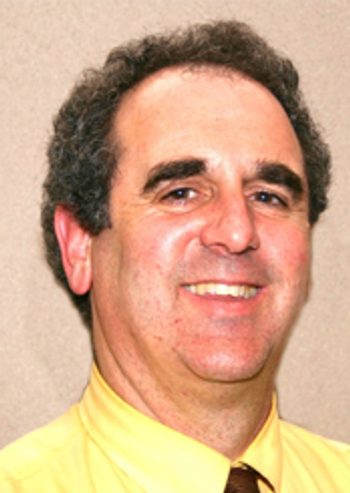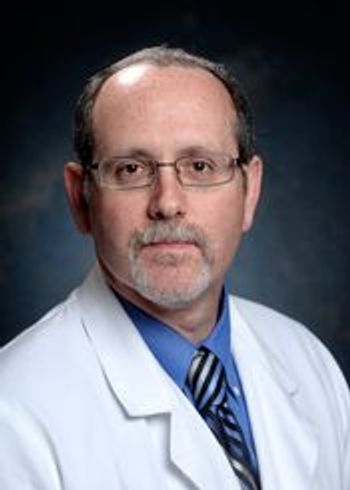
In this podcast, Dr Katz will discuss one of his recent studies that looked at risk factors for revision surgery after total hip replacement.

In this podcast, Dr Katz will discuss one of his recent studies that looked at risk factors for revision surgery after total hip replacement.

In the next 5 minutes, Wilmer L. Sibbitt Jr, MD-one of the world's leading authorities on the subject-offers succinct answers to questions.

That’s the question we put to Dr. Kenneth Saag. In the next few minutes, Dr. Saag, will summarize the latest developments in osteoporosis therapy.

That's the question we put to Dr. Leigh Callahan, and in the next 10 minutes, she will address this important issue. Dr. Callahan has over 20 years of experience in arthritis and health outcomes research, and she was an arthritis epidemiologist at the CDC.

After listening to the previous 3 podcasts, you may be wondering how to begin a therapeutically valuable conversation with your patient, which will provide the critical details that you need in the short time that you have. In his final podcast, Dr Lieberman offers a list of questions that you can use to break the ice and kick start a dialog with a patient whom you suspect has a mental health disorder.

In this podcast, Dr Lieberman discusses the associated features of three specific mental disorders: anxiety, major depressive disorder, and bipolar disorder. He offers practical techniques that can be used in diagnosing each of these disorders and provides suggestions for treatment.

At one time or another, every primary care physician will likely see a patient who is a hypochondriac, a chronic complainer, or a substance abuser. Rather than seeing these patients as difficult and avoiding them as much as possible, the physician can reframe the problem as an opportunity for growth and development. Dr Lieberman suggests that keeping the sessions brief but allowing more frequent visits and addressing medical and psychosocial concerns will make your relationship with your patient more positive. Managing hypochondriacal patients, chronic complainers, and substance abusers will be much easier after listening to Dr Lieberman’s suggestions.

Primary care physicians are often the first to see patients with mental health problems and they provide 70% of metal health care to patients. They also write a majority of the prescriptions for antidepressant and antianxiety medications in the United States. This is understandable in light of the fact that physical and mental ailments are often comorbid. But, there may be more to treating a patient who presents with depression than prescribing a pill.

Only 7% of patients with diabetes have reached goals for hemoglobin A1c, LDL cholesterol, and blood pressure. What can be done to help more patients achieve their goals? In this 2-part interview, Dr Edward Shahady shows how group visits can help your patients with diabetes better control their disease and reduce their risk of diabetic complications.

David B. Nash, MD, MBA, the Dr Raymond C. and Doris N. Grandon Professor of Health Policy and founding dean of the Jefferson School of Population Health at Thomas Jefferson University in Philadelphia, provides an expert’s perspective on 2 issues in the current health care debate that are of particular concern to PCPs.

Hear an interview with Ted Rosen, MD, professor of dermatology at Baylor College of Medicine, and chief of Dermatology Service at Veterans Affairs Medical Center, Houston. Dr Rosen has a keen interest in current healthcare reform; he recently attended a summit in Washington with a group of think-tank leaders who are at the forefront of reform efforts.

Doctors, especially primary care doctors, love stories. We love hearing them from patients and telling them to one another. “Anecdotal learning” it’s called by some (somewhat derisively because it’s not science).

Highlights from the International Headache Congress are presented by Stephen D. Silberstein, MD, professor of neurology at Jefferson Medical College and director of the headache center at Thomas Jefferson University, Philadelphia, as well as chair of the congress organizing committee.

Randolph W. Evans, MD, chief of neurology at Park Plaza Hospital and clinical professor at Baylor College of Medicine in Houston, Texas, reviews postconcussion syndrome and post-traumatic headache.